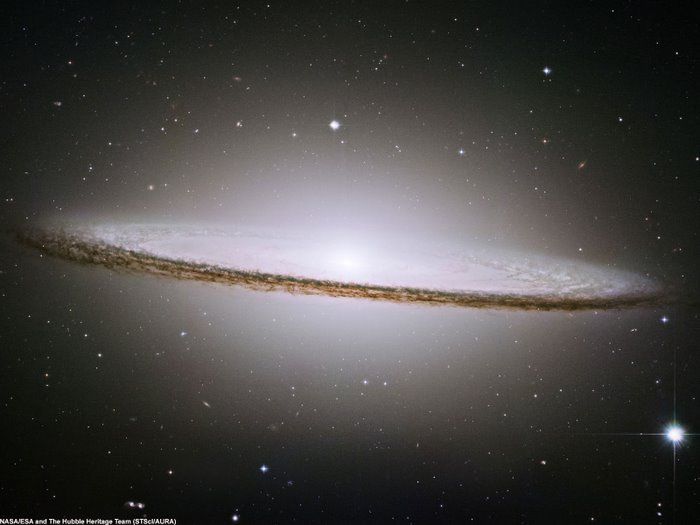Motivated by recent developments impacting our view of Fermi’s Paradox (the absence of extraterrestrials and their manifestations from our past light cone), we suggest a reassessment of the problem itself, as well as of strategies employed by the various SETI projects so far. The need for such reassessment is fueled not only by the failure of SETI thus far, but also by great advances recently made in astrophysics, astrobiology, computer science and future studies. As a result, we consider the effects of the observed metallicity and temperature gradients in the Milky Way galaxy on the spatial distribution of hypothetical advanced extraterrestrial intelligent communities. While properties of such communities and their sociological and technological preferences are, obviously, unknown at present, we assume that (1) they operate in agreement with the known laws of physics and (2) at some point in their history they typically become motivated by a meta-principle embodying the central role of information-processing; a prototype of the latter is the recently suggested Intelligence Principle of Steven J. Dick. There are specific conclusions of practical interest to astrobiological and SETI endeavors to be drawn from the coupling of these reasonable assumptions with the astrophysical and astrochemical structure of the spiral disk of our galaxy. In particular, we suggest that the outer regions of the Galactic disk are the most likely locations for advanced SETI targets, and that sophisticated intelligent communities will tend to migrate outward through the Galaxy as their capacities of information-processing increase, for both thermodynamical and astrochemical reasons. However, the outward movement is limited by the decrease in matter density in the outer Milky Way. This can also be regarded as a possible generalization of the galactic habitable zone (GHZ), concept currently being investigated in astrobiology.
Keywords: Astrobiology; Galaxy: evolution; Extraterrestrial intelligence; Physics of computation; SETI
A Mysterious Web of Tunnels Connects Brain Cells—Like the Network of Trees
in a Forest
-
The ‘fourth pillar’ of brain communication potentially impacts Alzheimer’s
and other diseases.
The post A Mysterious Web of Tunnels Connects Brain Cells—...
1 day ago






No comments:
Post a Comment